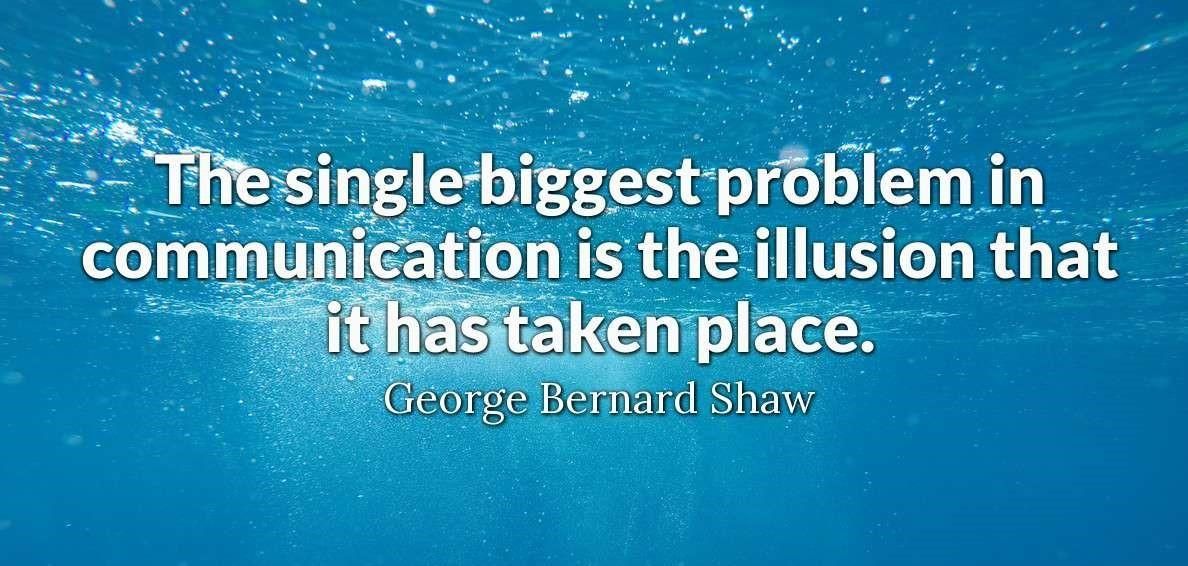
May 27, 2021
Reframe Your Thinking About Sales
When you hear the word ‘salesperson’, what comes to mind? As a leader, your answer to this question has an important influence on the kind of sales experience your business provides.
There is a high likelihood that you envisioned an extroverted personality who wins people over with their charisma alone. They may be pushy, always trying to meet a quota. Do they resemble the proverbial used car salesman?
If this is what you thought of, you aren’t alone. Working with clients over the years I have been struck by how even professionals who have dedicated their careers to sales are afraid of sales, or at least fearful of the label. Why?
For decades, there has been a persistent definition of sales and a total misunderstanding of the role of a sales professional. Many people equate sales with making people buy things they don’t need and can’t afford. That perception likely stems from the turn of the 20th century, when hucksters and peddlers were among the few sales jobs on the U.S. census.
Today there are over 28 census codes that reference professional sales specifically, many of which require tremendous expertise. For example, in the medical device industry, there are instances in which a doctor will consult a sales person about the proper insertion of their device during surgery. Let that sink in - a sales person advising a doctor in a surgical theater. That is a critically important role, not an instance of pushing unnecessary goods on an unassuming customer.
Misconceptions and preconceived notions about sales can bleed into a company culture and hinder them from meeting the performance metrics they desire. Sales is the engine powering the entire business, and should be recognized as such. Three shifts in culture will help unlock the potential of your sales organization:
- Every employee is selling in some capacity, even if they don’t think they are. Your ability to create value is inextricably linked with your ability to sell, no matter what position you’re in. At the end of the day, sales is a leadership job.
- The process of selling is a key part of creating value for a customer. The best salespeople do not “pitch”, and they don’t try to “close”. Instead, they engage in a dialogue about what a client is trying to accomplish, and then apply the solutions offered through their products or services to the client’s needs.
- When you believe people will benefit from your products and services, sales is about helping others. Sales is the avenue through which the value of your product and service is demonstrated to your customers. It is how you show how you can solve a problem, increase their efficiency, or improve their quality of life.
Sales is at the heart of every commercial enterprise. Sales is the revenue-generating engine of the business and salespeople are taking the lead. Now that is something to be proud of.
To dive deeper into reframing your thinking about sales, read the full article that was published in the Harvard Business Review here.
Language Of Leadership
Communication is a leader’s most powerful tool.
It is through language that you express vision, give feedback, convey strategy and establish expectations. The most effective leaders have a masterful grasp of language and use it to effectively guide their teams.
I have previously written about the modernization of Aristotle’s three critical components of communication: ethos, logos, and pathos. Once you understand the tools at your disposal, what about the execution of these components?
Great leaders have a remarkable handle on how to use language to guide, redirect, and inspire their teams. The language of leadership is precise, thoughtful, and dynamic. Consider the following questions when sharpening your leadership language:
- Are you engaging and interesting? I’ve often said there are two cardinal sins in communication, but you can be forgiven for one. The sins are being inaccurate and being boring. But as long as you don’t intentionally mislead, you’ll be forgiven for inaccuracy. People never forgive boring, and you’ll be punished with neglect. To motivate people, you must captivate them.
- Are you clear and specific? You can have the most compelling vision in history, but if you can’t provide clear and articulate direction to your team, you aren’t going to achieve it. Additionally, as a coach, you must be specific and precise in how you provide feedback.
A leader who communicates powerfully is able to balance clarity and interest, specificity and engagement. If you are too precise without being inspiring, people won’t want to follow you. If you are inspiring but vague, no one will know how to follow you.
Insights
About a year ago I learned about and became fascinated with something called Hanlon’s Razor. It’s a principle or rule of thumb that says, "never attribute to malice that which is adequately explained by stupidity."
I have found this incredibly useful at times as a way of remembering that sometimes people or groups make decisions that we disagree with, but it doesn’t necessarily mean that they are evil. Sometimes they are just, as the Razor states, stupid. And don’t we see plenty of stupidity? Now, the reason it can be helpful is that how we respond to stupidity versus how we respond to maliciously evil people are very different. Taking a moment to consider which is which can determine the outcome of the response.
Current Read
It seems to be getting increasingly difficult to access unbiased news and fact-based journalism. Our media sources, from print to digital, masquerade as objective but in reality, they rarely are. This article, How To Avoid Critical Thinking Errors Caused by Media Headlines, does a nice job articulating the flawed assertions found in many headlines. From overgeneralizing to suggesting single factors are responsible for outcomes when the data indicates that there are multiple factors, it’s tough to get the whole story. Many readers draw conclusions from headlines alone, which is problematic both because of the amount of information that can be shared in such few characters and because headlines are often designed to attract clicks (read: they are intentionally provocative). Since it’s unlikely media will change anytime soon, this article can give you the tools you need to be a discerning consumer of headlines and media.
Quotable:


